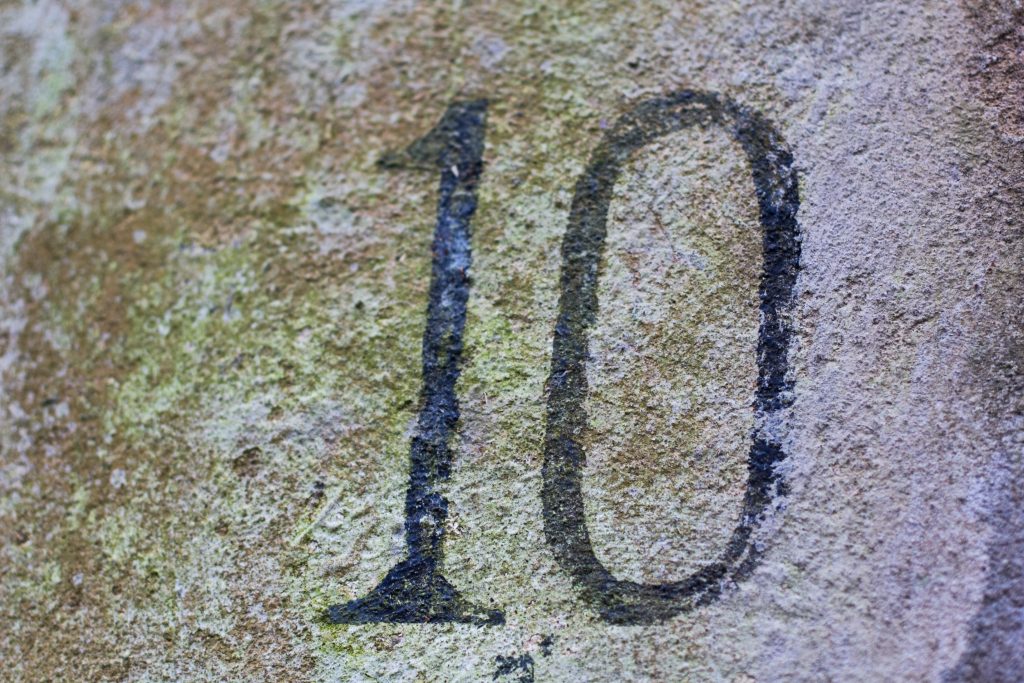
Do you have trouble with your mouth?
I do. And I always have. Since birth.
Really.
There are few things worse than saying something that you regret, whether immediately or eventually.
How should we then speak?
I’d like to take a few posts to meditate on that.
And I’d like to begin by considering someone who speaks, and who speaks well.
The Bible begins with a speech act:
In the beginning God created the heaven and the earth. 2 And the earth was without form, and void; and darkness was upon the face of the deep. And the Spirit of God moved upon the face of the waters. 3 And God said, Let there be light: and there was light. 4 And God saw the light, that it was good (Ge 1.1-4).
God spoke, and something good happened. As the chapter continues, he continues to speak, every utterance bringing things—good things—into existence, and by the end of the chapter God declares everything he has spoken, and thus created, to be “very good” (Ge 1.31).
A few generations later, God speaks to Noah, whom he has closed up in the Ark, and tells him to leave the ship that has been his shelter for the past year:
15 And God spake unto Noah, saying, 16 Go forth out of the ark, thou, and thy wife, and thy sons, and thy sons’ wives with thee. 17 Bring forth with thee every living thing that is with thee, of all flesh, both of fowl, and of cattle, and of every creeping thing that creepeth upon the earth; that they may breed abundantly in the earth, and be fruitful, and multiply upon the earth (Ge 8.15-17).
Here the earth thrives with new life—a second chance at life, if you will—after a devastating judgment. God speaks, and good things happen.
But God is not done. He’s going to choose a people to bless in a special way, with a universal outcome:
Now the Lord had said unto Abram, Get thee out of thy country, and from thy kindred, and from thy father’s house, unto a land that I will shew thee: 2 And I will make of thee a great nation, and I will bless thee, and make thy name great; and thou shalt be a blessing: 3 And I will bless them that bless thee, and curse him that curseth thee: and in thee shall all families of the earth be blessed (Ge 12.1-3).
And so he does. But within just three generations Abraham’s descendants will be out of the Land, and decades later they will be slaves in Egypt—but they will have grown to 2 million strong.
And God will see the suffering of his people, and he will remember his promises to Abraham, and he will find Moses on the west side of the Arabian desert and speak once again, this time from a burning bush:
7 And the Lord said, I have surely seen the affliction of my people which are in Egypt, and have heard their cry by reason of their taskmasters; for I know their sorrows; 8 And I am come down to deliver them out of the hand of the Egyptians, and to bring them up out of that land unto a good land and a large, unto a land flowing with milk and honey (Ex 3.7-8).
And he does deliver them, with a series of spectacular plagues that demonstrate that all the gods of Egypt are just papyrus tigers. And he will gather his people at the foot of a mountain in the Sinai, and he will speak them into existence as a nation.
God is demonstrating his power, and accomplishing global good, by his words.
But there’s much more to see here.
Next time.
Image by Gerd Altmann from Pixabay



